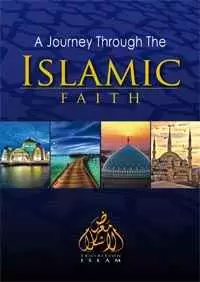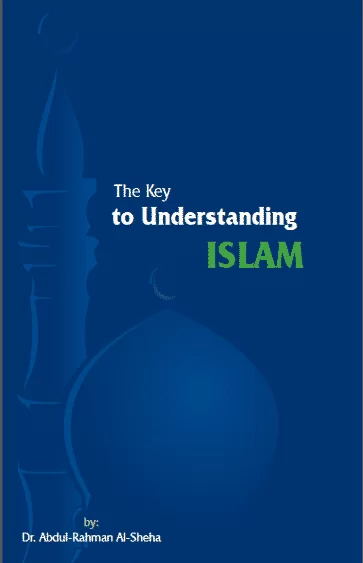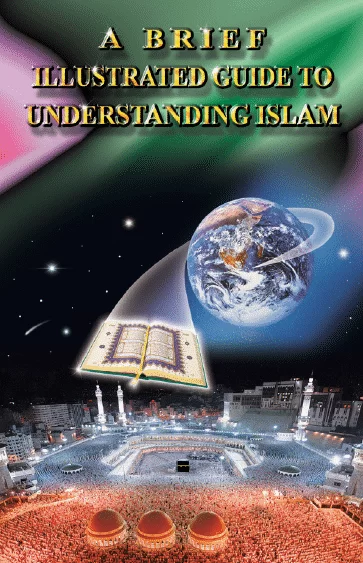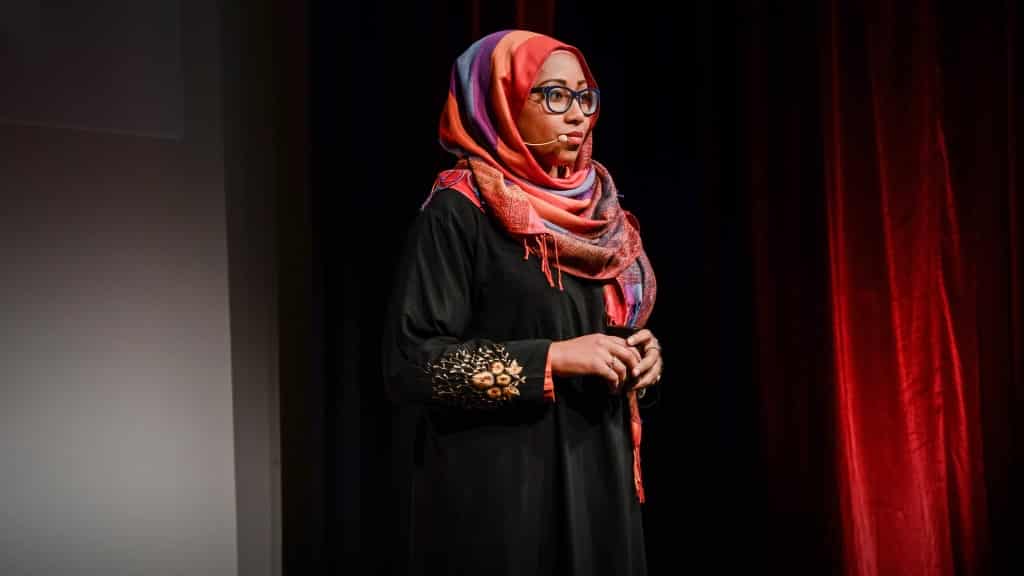In this article, we will explore the significant effect of Abu Bakr (RA), the first caliph of Islam, on the spread of Islam, the faith’s expansion and consolidation after the Prophet Muhammad’s death. His leadership during the Ridda Wars helped unify the Muslim community, while his military campaigns initiated the spread of Islam into new territories.
We will examine how his efforts to compile the Qur’an preserved its teachings, laying the groundwork for Islam to evolve into a global religion.
Who Is Abu Bakr (RA)?
Abu Bakr (RA) was from Mecca and born into the Quraysh tribe, one of the few individuals who was both a friend and follower of the Prophet Muhammad (PBUH).
Abu Bakr (RA) is one of the first persons to follow Muhammad (PBUH) as the Prophet, accepting Islam as his religion and taking part in the cause of Islam by purchasing all the slaves that had accepted the new religion in order to set them free, he was never humiliated because his tribe stood ready to defend him.
His good friendship with Prophet Muhammad (PBUH) was attested in the very fact that he had accompanied him in the Hijra to Medina back in the year 622.
The succeeding year, 624, Prophet Muhammad (PBUH) married Abu Bakr’s daughter Aisha (RA). Upon the death of the Prophet (PBUH) in 632, Abu Bakr (RA) succeeded him as the first caliph. His administration was filled with several challenges in dealing with a number of tribes in revolt.
What Effect Did Abu Bakr (RA) Have On The Spread Of Islam?
Abu Bakr (RA) played a pivotal role in consolidating the nascent Islamic community following the Prophet’s death in 632 CE. His leadership during the Ridda Wars was crucial in suppressing the revolts of Arab tribes that rejected the authority of the Islamic state, thereby maintaining unity and preventing the collapse of the early Muslim community.
This consolidation of power not only secured the Arabian Peninsula for Islam but also set a precedent for future governance under the caliphate.
Beyond internal stability, Abu Bakr (RA) initiated military campaigns against the Byzantine and Sasanian empires, laying the groundwork for significant territorial expansion.
His policies promoted inclusivity, allowing non-Arabs to embrace Islam, which was instrumental in transforming the religion into a global faith. By ordering the compilation of the Qur’an, he ensured that the core teachings of Islam were preserved and transmitted accurately, further facilitating its spread across diverse cultures and regions.
Under his stewardship, Islam transitioned from a local movement to a burgeoning global force.
Read also:
Abu Bakr’s (RA) Military Campaigns Beyond Arabia
Once the Arabian Peninsula was unified, Abu Bakr (RA) shifted his attention to external expansion. He initiated campaigns into the neighboring Byzantine and Sassanian (Persian) Empires, two of the most powerful states at the time.
1. Beginning of the Islamic Conquests:
Abu Bakr’s (RA) military campaigns set the stage for the rapid territorial expansion that took place during the reign of his successor, Caliph Umar (RA). These conquests allowed Islam to spread far beyond Arabia into regions like Syria, Iraq, and Persia.
2. Establishment of Islamic Rule:
By sending his armies northward into Byzantine territories (modern-day Syria) and eastward into Sassanian lands (modern-day Iraq and Iran), Abu Bakr (RA) laid the groundwork for the eventual spread of Islam into these regions. His campaigns were crucial in securing early Muslim victories that would lead to the eventual downfall of these empires.
Read:
- What Is Islam? A Simple & Easy Guide For Non-Muslim
- Was Islam Spread by Sword?
- Is Islam a peaceful religion?
Abu Bakr’s (RA) Expansion of the Muslim Community
Abu Bakr’s (RA) policies also encouraged the expansion of the Muslim community beyond the Arab tribes, integrating non-Arabs into the growing Islamic world.
1. Inclusion of Non-Arab Converts:
By fostering inclusivity and allowing non-Arabs to embrace Islam, Abu Bakr’s (RA) reign laid the groundwork for Islam to become a global religion. This inclusiveness allowed for the spread of Islam in regions like Persia, Central Asia, and later into Africa and Europe.
2. Centralized Leadership:
Abu Bakr (RA) established a model of centralized Islamic governance with the Caliph as both a political and spiritual leader. This system helped maintain order as Islam spread to new territories, ensuring that local leaders were accountable to the central authority in Medina.
3. Continued Religious Authority:
By preserving the religious teachings of the Prophet (PBUH), Abu Bakr (RA) also played a key role in ensuring that Islam’s core doctrines remained intact as the religion spread to different regions and cultures. This helped maintain consistency in Islamic practice as it expanded.
How Did Abu Bakr (RA) Help Protect And Spread Islam?
Abu Bakr (RA) played a great role in the protection and dissemination of Islam right after the death of Prophet Muhammad (PBUH). Leadership in running the Ridda Wars against the revolts from those tribes that abandoned Islam kept the united Muslim community intact. Under his leadership, the Islamic state kept its continuity, and he started military expeditions toward the Byzantine and Persian empires, thus laying the basis for the expansion of Islam.
He ordered that the Qur’an be compiled with the purpose of preserving religious teachings to be passed to future generations. Indeed, his role has been very central to the survival and growth of Islam.
1. Wars of Apostasy (Ridda Wars)
Within weeks following the death of the Prophet (PBUH), a series of Arab tribes revolted and would not recognize the leadership at Medina. For those tribes that did recognize Islam, it was often perceived as having pledged allegiance to Prophet Muhammad (PBUH) directly, as opposed to becoming adherents of the Islamic state. These events precipitated the Ridda Wars, 632–633 CE, in which Abu Bakr went to battle to suppress the revolts.
2. Unification of the Arabian Peninsula:
Success of the Ridda Wars to Abu Bakr (RA) cemented Islamic control within the Arabian Peninsula. Abu Bakr (RA) had saved the nascent Islamic state from complete collapse when he defeated the rebellious tribes and reincorporated them into Islam, thus keeping the Muslim community under one leadership.
3. Strengthening the Caliphate:
These wars helped Abu Bakr (RA) reinforce his earlier declaration that loyalty to Islam was not to individuals but to the Islamic community at large. It was during his rule that the nascent Islamic state was consolidated and provided a base for further conquests.
4. Establishment of Islamic Rule
Abu Bakr (RA) laid down the basis for the early Islamic state in terms of its administrative organization, his leadership stabilized the political situation in a time of crisis, providing an example for later Caliphs.
Abu Bakr (RA) also preserved Islamic teachings where Abu Bakr (RA) initiated the compilation of the Qur’an so that the foundational text of Islam was preserved in its entirety. This helped transmit the doctrines of Islam correctly to subsequent generations and over other regions where the religion was bound to expand.
5. Compiling the Qur’an
Whereas the Qur’an had been revealed to the Prophet (PBUH) during his lifetime, it had not as yet been compiled into one written text. It was after one of the Ridda Wars, the Battle of Yamama, that many of the Muslims who had memorized the Qur’an were killed, and Abu Bakr (RA), fearing the loss of the Qur’an, ordered its compilation into a written text.
He protected the integrity of the message: a written Qur’an made it possible to spread the fundamental ideas and practices of Islam homogeneously and lessen the danger of variation of the message as it moved to new territories.
Read more:
- The Compilation And Standardization Of The Quran
- Who Is The Author Of The Quran?
- Why Did (Caliph) Uthman Burn The Quran And Changed It?
- Has The Quran Changed?
Conclusion:
Abu Bakr (RA), the first caliph after Prophet Muhammad (PBUH), was instrumental in unifying the early Muslim community during the Ridda Wars and securing the Arabian Peninsula. His military campaigns against the Byzantine and Sasanian empires facilitated Islam’s territorial expansion, while his compilation of the Qur’an preserved its teachings. Under his leadership, Islam began its journey as a global faith.
Curious to learn more about Islam and how it spreads? Subscribe to the Explore Islam newsletter for more updated articles about Islam!























